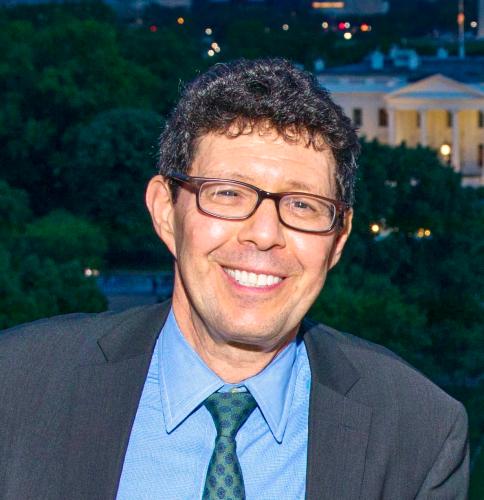Brookings Affiliation
Research Areas
Additional Expertise
- Sovereign debt
- International political economy
- Geo-economics
- International monetary system
- Emerging markets
- International institutions
- Governance
Douglas A. Rediker is a nonresident senior fellow in the Global Economy and Development program at Brookings, as well as in the Center on the United States and Europe in the Foreign Policy program. He is also the founding partner of International Capital Strategies, LLC, a Washington, DC-based political economy consultancy founded in 2012. Until April 2016, he was a visiting fellow at the Peterson Institute for International Economics. Rediker represented the United States on the Executive Board of the International Monetary Fund (IMF) from 2010 to 2012, having been nominated by President Obama in 2009 and confirmed by the U.S. Senate in early 2010. He served as the chairman, vice chairman, and a member of the World Economic Forum (WEF) Geopolitical Risk and Geo-Economic Global Agenda and Future Councils. He has moderated and participated in panels at WEF events in Davos on capital markets, the international monetary system, emerging markets, and global governance issues.
In 2007, he returned to the United States after living and working for over 16 years in Europe, where he served as a senior investment banker and private equity investor for some of the world’s leading financial institutions. As head of Europe, Middle East, and Africa Emerging Markets Investment Banking, Rediker’s experience included advising and working closely with European governments, central banks, and the private sector.
Rediker has testified before the U.S. Congress on a variety of subjects, including the role of the IMF, foreign policy implications of the economic crisis, geoeconomics and state capitalism. He is a contributor and co-editor of the e-book “What’s Next: Essays on the Geopolitics That Matter” (Portfolio/Penguin, 2012). He has published opinion pieces in The Financial Times, The New York Times, Foreign Policy, The New Republic, Wall Street Journal, Forbes, Fortune, The Globalist, European Affairs, The Boao Review, and The National Interest. He was named an “Emerging Markets Superstar” by Global Finance Magazine. He began his career as an attorney at Skadden Arps in Washington, D.C. and New York. He also served as senior fellow at the New America Foundation and director of the Global Strategic Finance Initiative, which he co-founded. He is a member of the U.S. Council on Foreign Relations.
Affiliations:
- Converium Capital, external advisory board, member
-
Current Positions
- Chairman and founder of International Capital Strategies, international economic policy and markets consultancy
-
Past Positions
- United States on the Executive Board of the IMF from 2010 - 2012
- Chairman and Vice-Chairman, World Economic Forum Geopolitical Risk Global Agenda Council
- Member, World Economic Forum Geo-economics Global Agenda Council
- Visiting Fellow, Peterson Institute for International Economics
- Head of European Emerging Markets Investment Banking at various financial institutions, based in London
-
Education
- Vassar College, AB
- Fordham University, School of Law, JD
- Harvard University, John F. Kennedy, School of Government, MPA Program
